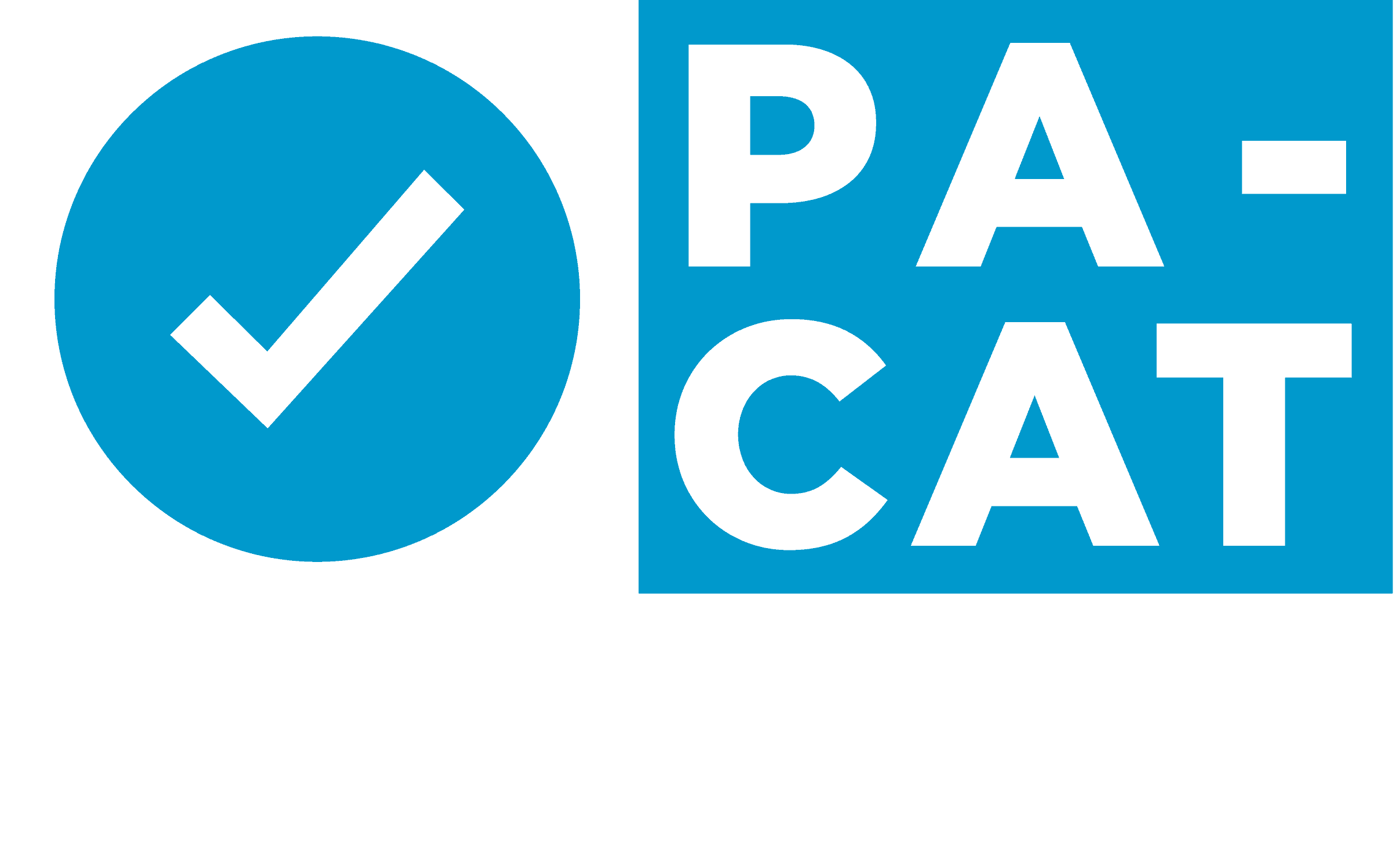PA-CAT: The First Step to a Career as a Physician Assistant
Over the past five years, there has been a significant increase in the total number of applicants to PA schools. While this is partly a result of the tremendous increase in the number of accredited PA programs in the U.S., it means that a typical PA program must manage hundreds of applications. Many applicants are highly qualified, making the choice of filling the small incoming class for a typical PA program very difficult. Acceptance rates at PA programs hover around 33%, even lower for the most competitive programs.
Undergraduate GPA, undergraduate science GPA, prerequisite coursework, and prior work history are among the criteria that PA programs use to make their admissions decisions. Since there has never been an admissions assessment specifically designed for the PA curriculum, many PA educators have had to also rely on the GRE to help with admissions decisions. With difficulty in comparing GPAs from different undergraduate schools, variability in grading practices (e.g. grade inflation), and with a standardized exam that does not focus on the science subjects needed for success in PA school, PA educators have struggled to make the best admissions decisions from a large group of highly qualified applicants.
After conducting extensive research, including conversations with dozens of PA educators, it became clear to us at Exam Master that an admissions exam truly targeted to the PA profession was needed and wanted. Given the demands of the PA curriculum, PA educators felt it was paramount that applicants be assessed on their academic preparedness to ensure they could handle the rigor that awaited them —applicant familiarity with prerequisite science subjects upon admission would be fundamental to their success during the critical didactic year.
Led by Johnna Yealy, PhD, PA-C and Scott Massey, PhD, PA-C, the research and development phase of the PA-CAT featured field testing with over 35 participating PA programs, involving over 1600 students and interview candidates. The 180-item PA-CAT research exam was developed to assess student comprehension of common basic science subjects required as prerequisites by most PA programs. Results from initial testing were tracked and correlated with subsequent student performance.
PA-CAT field testing benefitted from significant community involvement and feedback. The exam was challenging, but anecdotal feedback from students suggested that the material covered was relevant to what they learned in college. PA educator Sandra Keavey, PA-C reported a “strong correlation between scores on the PA-CAT and academic performance.” The strongest students in her program’s current cohort performed well on the PA-CAT. Keavey sees this PA-CAT as a tool helpful for screening potential applicants and identifying incoming students who may be at risk for falling behind during their didactic training.
The commercial version of the PA-CAT is available for registration in January 2020, with the exam window opening in May of 2020. This exam features 240 items and covers the following subjects:
- Anatomy
- Physiology
- General Biology
- Biochemistry
- General and Organic Chemistry
- Microbiology
- Behavioral Sciences
- Genetics
- Statistics
Used as part of a holistic admissions process, the PA-CAT has been developed to help PA programs better predict which applicants are more likely to be successful in their demanding programs. There will be rich opportunities over the coming years to refine the exam, perfect it, and ensure that it meets the needs of the PA community and all of its stakeholders.
If you would like more information about the PA-CAT, visit us or contact us directly.

0 Comments